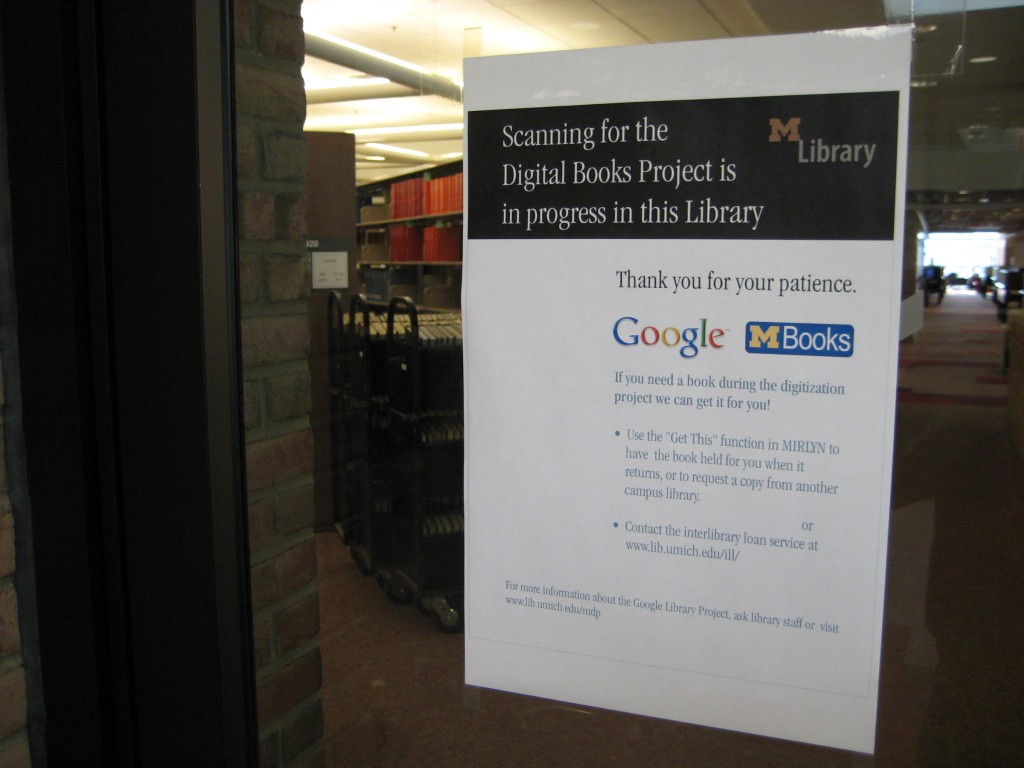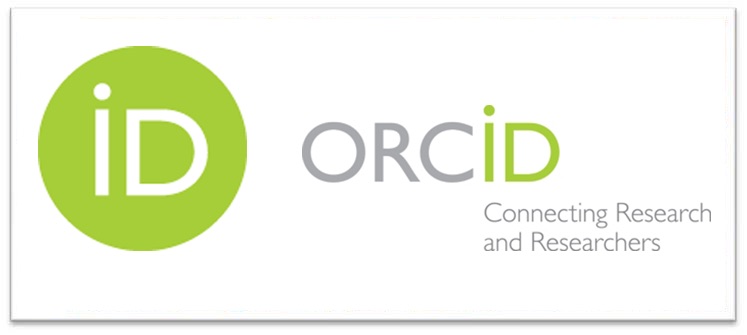“3D Social Networking” by Chris Potter is licensed under CC BY 2.0.
This is the first in a series of posts on academic social networks.
Academia.edu is a platform for sharing, reading, and discussing scholarly work. The company was founded in 2008 by Richard Price, a philosophy DPhil who left the academy to become an entrepreneur. Despite its confusing URL, Academia.edu is a commercial company. Thus far, they have raised an impressive 17.7 million dollars in venture funding. The site is completely free to join and use. While the company makes some money from selling ads, they are still looking for a sustainable business model.
To date, over 36 million academics from around the world have registered an account on Academia.edu. While this number is impressive, it is hard to know how many of those who registered actively use the site. Researchers join Academia.edu for a number of different reasons. The platform helps scholars reach larger audiences. Scholars can upload articles, dissertations, conference papers, as well as a variety of other published and unpublished work to the platform. Anyone, regardless of their university affiliation (or lack thereof), can access what is posted. Academia.edu then provides researchers with metrics on who is reading their scholarship. In addition, the site makes it easy to keep up with others who are writing on similar topics (alerting the user when a new article related to one’s research interests is posted). Some people even use the platform as a home for their scholarly profile. Researchers can add their CV and link to various social media accounts. The company is also experimenting with a number of additional features, such as something they call “Sessions,” in which a group of users gets together in a chat room to peer review a paper. The event is private and only those participating can see comments from other users. The idea is that through “Sessions,” academics can get useful feedback on their work from dozens of peers, similar to what they might experience at an academic conference.
While there are many reasons to join Academia.edu, there are also reasons to proceed with caution. First, researchers who post copies of work in which they do not own the copyright run the risk of getting in trouble with publishers. In 2013, Elsevier sent take-down requests to thousands of Academia.edu users who had illegally shared copies of their scholarship. These take-down requests eventually stopped, although it is not clear why. Some say Elsevier did not want to anger academics (who the company relies on to write articles and provide peer review). However, it is important to note that individual journals (such as the William and Mary Quarterly), continue to send take-down notices to users. We recommend that all Temple users of Academia.edu check their publication agreements before posting work to the site.
Second, there are a lot of unanswered questions about what changes the company will have to make in order to turn a profit and satisfy investors. Recently, University of Oklahoma Professor Scott F. Johnson got an e-mail from an Academia.edu staff member asking if he would be willing to pay a fee to have his work recommended by an Academia.edu board of editors. Although the idea was not actually implemented by Academia.edu, it got academics thinking about how the company is trying to monetize scholarly work. A number of prominent scholars, including Kathleen Fitzpatrick from the Modern Language Association and Martin Paul Eve at the University of London, have called for scholars to delete their accounts or at least use multiple platforms. There is even a #DeleteAcademiaEdu hashtag.
One final point to remember about Academia.edu is that it is not a good means of preserving scholarly work. We have no idea if the company will even exist five, ten, or twenty years from now. So, researchers who are concerned with the long-term preservation of their scholarship should also make sure to deposit their work in a trusted, discipline-specific repository, such as ArXiv, which is funded by Cornell University, the Simons Foundation, and various member institutions (including Temple University Libraries).
Do you use Academia.edu? What do you like or dislike about it?


